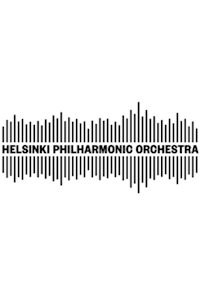John Adams: Violin Concerto
John Adams (1947–) is a very liberal-minded composer. As a student of orchestral conducting, clarinet and composition at Harvard he had difficulty adopting the serialist approach to composition prevalent at the time and gave electronics, aleatory and other methods a try before arriving at minimalism in the early 1970s. Since then, he has never looked back: minimalism is, for him, here to stay. Later, he has seasoned it with rhythmic energy, a rich world of harmony and orchestral invention strongly influenced by Late Romanticism. Many of his works also make allusions to Expressionism, Neoclassicism and even big-band swing. Adams is best known for his operas Nixon in China and The Death of Klinghoffer.
The three-movement violin concerto of 1993 follows the traditional quick-slow-quick format. It also has a solo cadenza at the traditional spot in the first movement. The second movement, titled Body through which the dream flows, is a chaconne and based on a poem by Robert Hass. The third movement, Toccare, is a virtuoso vehicle for the solo violin. The concerto won Adams the Grawemeyer Award in 1995.
Anton Bruckner: Symphony No. 4
The Austrian symphonist Anton Bruckner (1824–1896) has been likened to a medieval mystic: his music is timeless and meditative, in contrast to the tragic figure of the romantic artist. His symphonies flow along in broad rivers and waves.
Symphony no. 4 exists in at least seven versions – Bruckner having being oversensitive to criticism and ready to revise what he had written. The first version dates from 1874 and he sent the last to the publisher in 1888. The premiere in 1880 got a good reception, which was rare for Bruckner, since the operetta-loving Viennese audience did not immediately appreciate his novel concept of the symphony.
The music of Bruckner is not usually sentimental or descriptive, but the fourth symphony is an exception. The word “Romantic” in the title refers not to love but to a medieval knight’s tale. Of the first movement Bruckner wrote, “medieval city – daybreak – morning calls sound from the city towers” and of the second “song, prayer serenade”. The third depicts hunting: dancing, eating and merry-making, but the meaning of the grand finale is left for the listener to decide.
